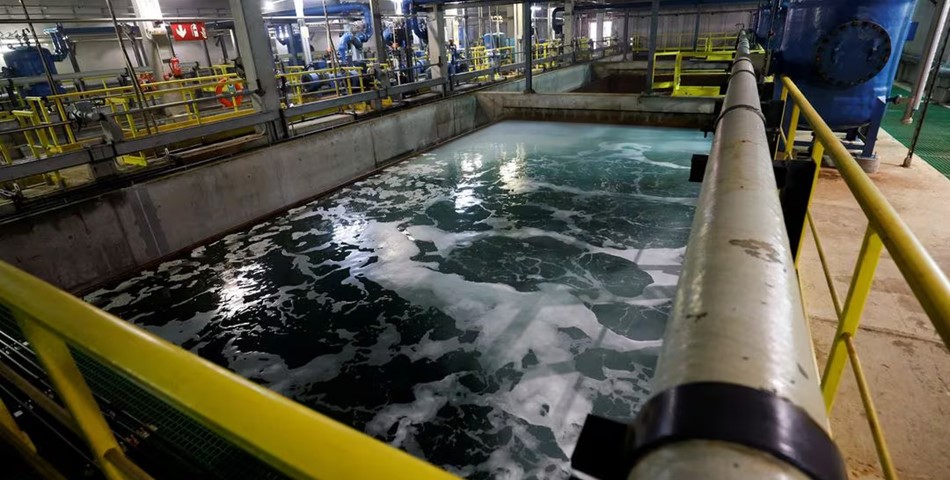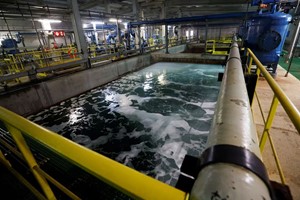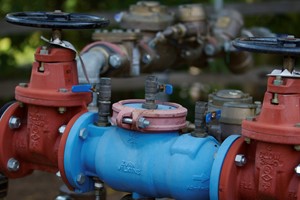Spain has announced a significant investment of 467 million euros ($502 million) into the development of two desalination plants along the Catalan coast, responding to the region's pressing need amidst a three-year drought. The plants, strategically positioned north and south of Barcelona, Spain's bustling second-largest city, are slated to have a combined annual capacity of treating 80 million cubic meters (approximately 21 billion gallons) of water, according to a statement released by the Environment Ministry on Monday.
Projected to commence operations in 2028 and 2029 respectively, these initiatives underscore the government's unwavering commitment to ensuring access to potable water. Environment Minister Teresa Ribera emphasized this dedication during a press conference in Barcelona, stating, "The government's commitment is to do everything possible to help wherever needed to guarantee drinkable water."
Against the backdrop of Catalonia's reservoirs currently languishing at a mere 16% of capacity, despite the typical anticipation of replenishing rainfall during this period, local authorities have been compelled to impose strict water usage restrictions on residents as a mitigation measure against the relentless drought.
Ribera further revealed plans for addressing the immediate water scarcity by detailing arrangements to transport up to 40,000 cubic meters of desalinated water daily via sea transport from a facility situated in Sagunto, located in the Valencia region.
This proactive approach not only addresses the urgent need for water resources in Catalonia but also highlights a broader recognition of the importance of sustainable water management practices in safeguarding against the impacts of prolonged droughts. Through such strategic investments and collaborative efforts between governmental bodies and local utilities, Spain aims to fortify its resilience against water scarcity challenges while ensuring the well-being of its citizens and the environment alike.














